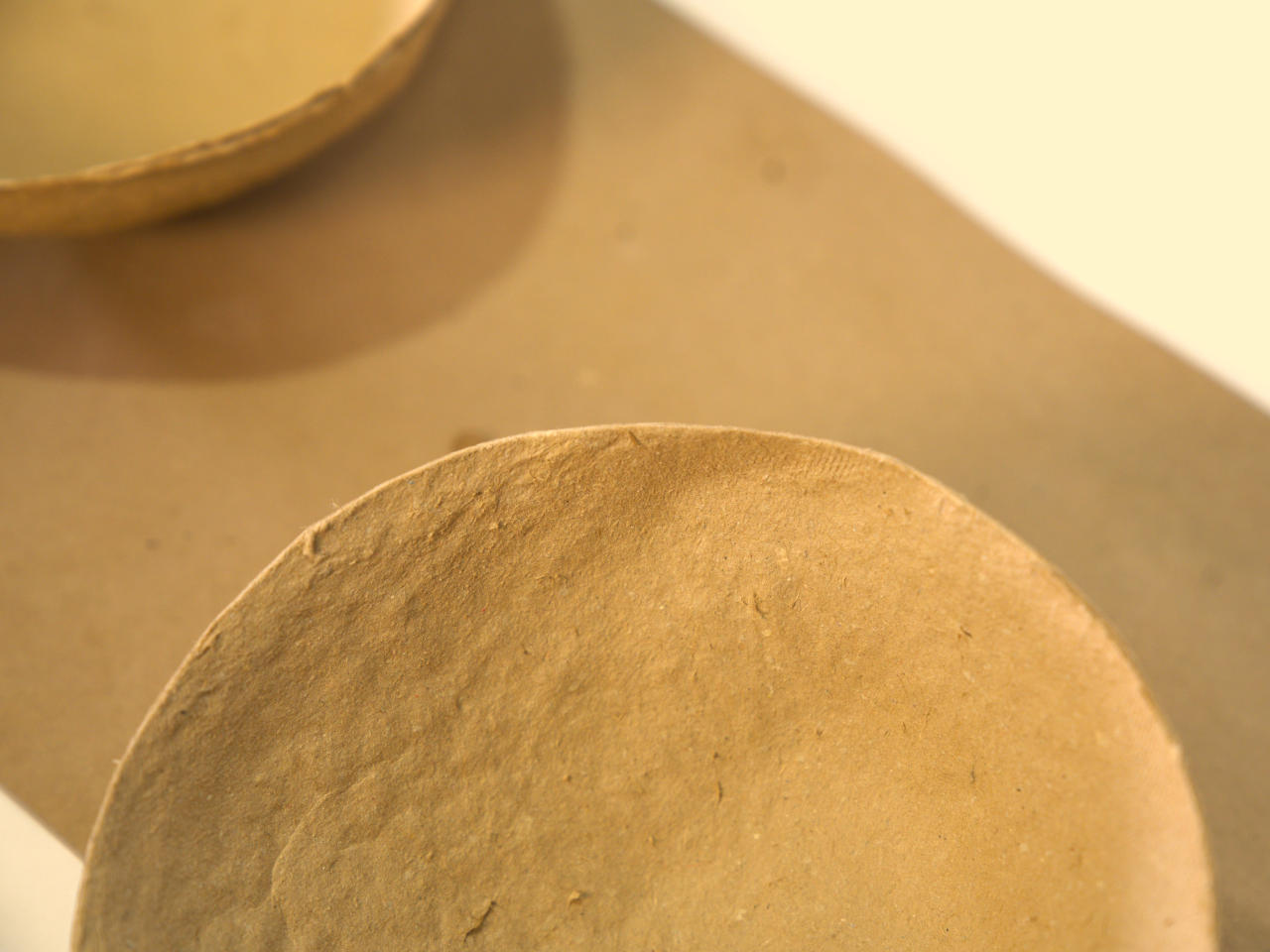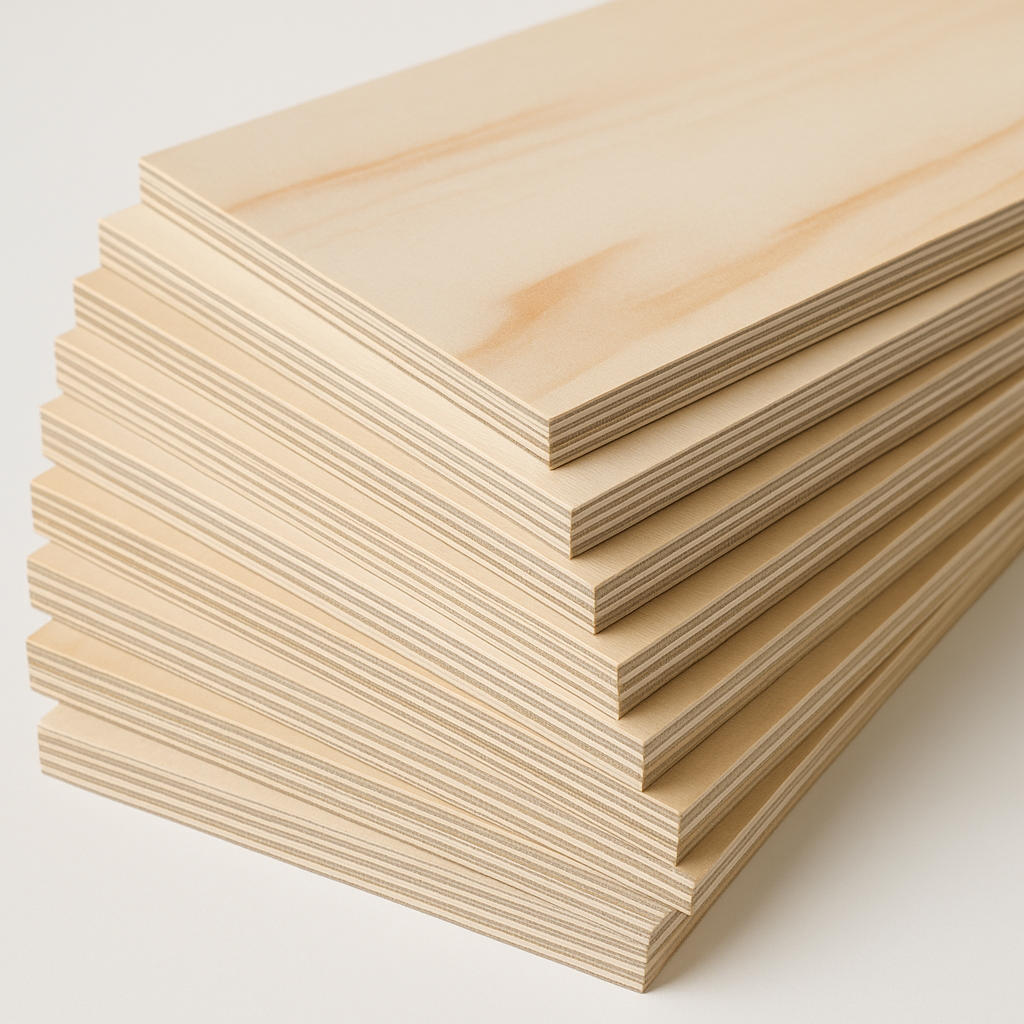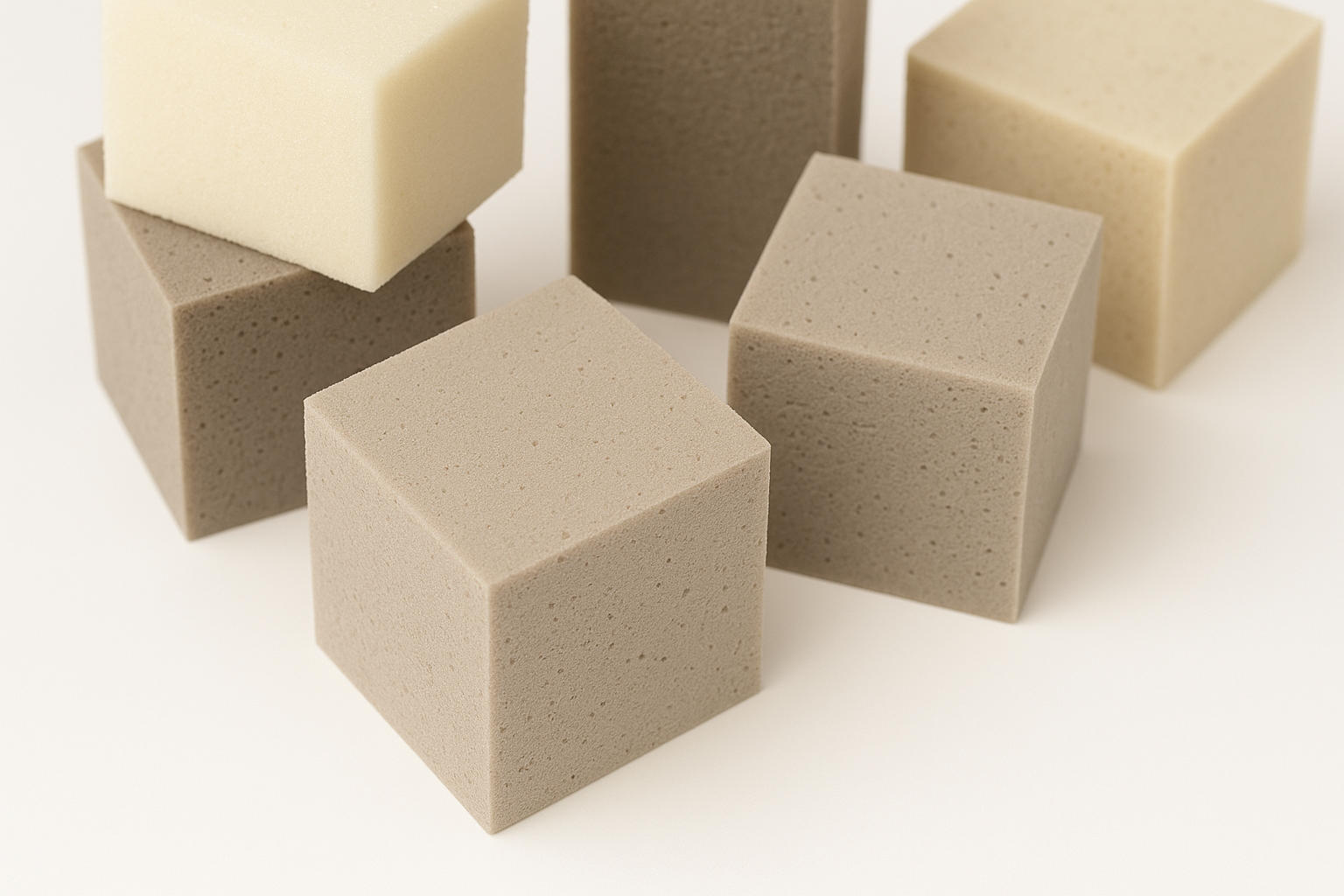

Applications
End uses
Lignin is a complex biopolymer that contributes to the strength and rigidity of plant tissues, ensuring the durability and resilience of various plant structures. Made of a network of phenolic compounds, lignin serves as a protective shield against microbial attack and environmental stress. Beyond its role in plants, lignin has gained significant attention for its untapped potential in industrial applications. Extracting lignin from plant biomass presents opportunities to produce a range of valuable materials, from eco-friendly alternatives in adhesives and resins to applications in the production of biofuels, chemicals, and various composite materials. As industries seek sustainable alternatives to fossil-based resources, lignin emerges as a promising candidate, offering a renewable and versatile raw material with the potential to revolutionize various sectors. The journey to harnessing lignin’s full potential is marked by ongoing research, innovation, and a commitment to building a more sustainable future. Despite its large abundance, lignin’s potential for high-value applications remains underutilized, but LignEasy is here to change that.
PACKAGING APPLICATIONS
The cardboard packaging industry is rapidly evolving due to a decline in recycled fibre quality, pushing manufacturers to seek alternatives. Lignin is a 100% biobased solution that enhances cardboard production by keeping the key properties, while increasing the use of recycled fibres, and reducing CO₂ across the value chain. Suitable for e-commerce packaging, industrial boxes, and fibre-moulded products, LignEasolve replaces traditional sizing agents like AKD, opening new markets and supporting circular packaging solutions.


PHENOL-FORMALDEHYDE RESINS
Environmental and safety concerns surrounding phenol requires reconsidering its use in products. For phenol-formaldehyde resins, lignin offers a safer, more sustainable alternative to petroleum-based phenol. Its phenolic structure and natural alkalinity of LignEasolve lower production costs while reducing fossil feedstock use, enhancing workplace safety, and cutting greenhouse gas emissions — all without compromising performance. These brochures highlight how our lignin delivers real environmental and commercial benefits in practice.
POLYURETHANE FOAMS
Lignin can be used in polyurethane foams either as a partial polyol replacement or as a sustainable functional filler. Along with reducing the need for fossil-based inputs, it also brings properties like antioxidant activity and heat resistance. This makes lignin a perfect option for improving the sustainability of insulation, furniture, and automotive foams without compromising performance.


THERMOPLASTICS
Incorporating lignin into thermoplastics is an effective way to make plastic products more sustainable. It also brings added functionality, like improved UV resistance and thermal stability. This makes it well-suited for applications like packaging, automotive parts, and everyday consumer goods.
The brochure will be available for download soon.
